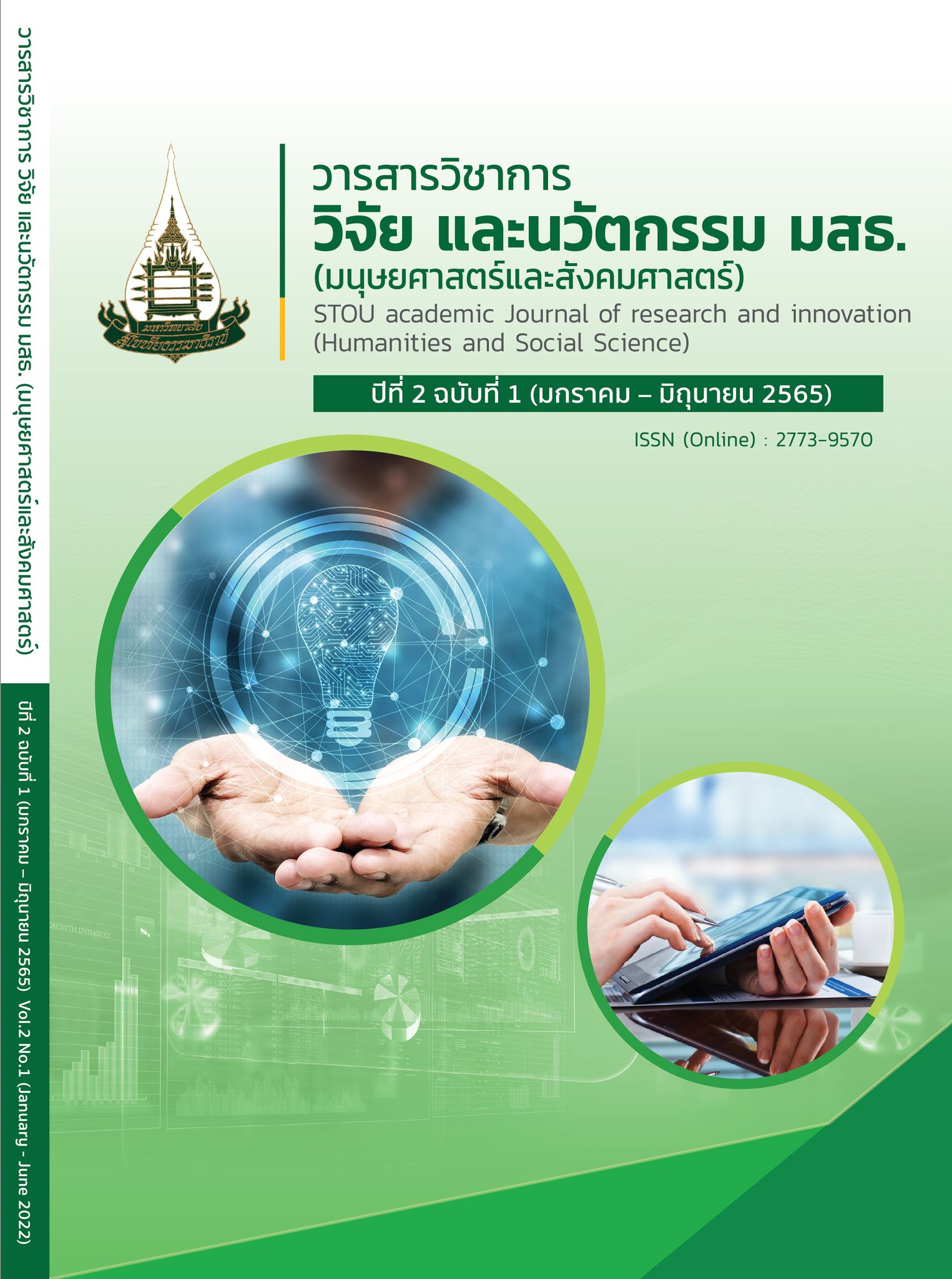Wellness Tourism in Supanburi Province
Keywords:
Wellness Tourism, Buddhism IntegrationAbstract
Wellness tourism is the tourism to promote health 0r to cure health ailment ad to rehabilitate health and physical and mental wellbeing at the same time with the consciences to protect and conserve tourism resources, tourist attractions both nature and culture. Wellness tourism is activities for relaxation and health care at the same time. At present, people trend to live longer and city environment becomes polluted with dust from construction, noise from cars and traffic and other industries resulting the people in society turn to be more aware of health by travelling to rest to relax at various places with beautiful natures combined with health care and promotion that becomes the wellness tourism. Tourism Industry is an important tool that can drive Thailand’s economy with increasing trends of booming industry. This can be seen from many foreigners coming to spend holidays in Thailand each years and there is trend of increasing that makes Thai tourism economy strong and will be stronger continuously. At present people trend to have longevity, the society becomes aged society. Older people take good care of their health in order to live longer and society becomes the old ages society. Wellness tourism is one of alternatives for recreation and health care. Besides, Thailand is rich with beautiful nature, fine tradition and culture including Buddhism principles that can be integrated to create wellness tourism. Buddhism principle that is appropriate for wellness tourism is Bhavana 4 or the 4 developments which are composed of 1) Physical Development, Moral Development, Emotional Development and Intellectual Development. All these Buddhist Principles made the balance of life, associated individual behavior and mindfulness with the natural environment and sustainable society.
References
กานดา ธีรานนท์. (2561). การท่องเที่ยวเชิงสุขภาพของประเทศไทย: สถานการณ์และศักยภาพทางการแข่งขันในภูมิภาคอาเซียน. วารสารวิชาการมหาวิทยาลัยฟาร์อีสเทอร์น, 12(Supplement), 22.
การท่องเที่ยวแห่งประเทศไทย. (2563). การนำเสนอทิศทาง การส่งเสริมการท่องเที่ยวของ ททท. ปี 2563.สืบค้นเมื่อ 9 กุมภาพันธ์ 2563 จาก http://www.tatreviewmagazine.com
ข้อมูลสถานที่ท่องเที่ยวในจังหวัดสุพรรณบุรี. สืบค้นจาก
https://www.lovethailand.org/travel/th/35-สุพรรณบุรี.html
https://www.lovethailand.org/travel/en/35-Suphan-Buri.html
พระราเชนทร์ วิสารโท. (2542). บูรณาการพุทธธรรมกับระบบการดูแลสุขภาพระยะยาว สำหรับผู้สูงอายุของอำเภอศรีวิไล จังหวัดบึงกาฬ. สาขาวิชาพุทธศาสนาบัณฑิตวิทยาลัย มหาวิทยาลัยมหาจุฬาลงกรณราชวิทยาลัย.
อนุรุธ ว่องวานิช. (2563). การดำเนินธุรกิจแนวพุทธบูรณาการ. สืบค้นเมื่อ 9 กุมภาพันธ์ 2563 จากhttp.//www.dsdw2016.dsdw.go.th
Downloads
Published
How to Cite
Issue
Section
License
Copyright (c) 2022 STOU Academic Journal of Research and Innovation (Humanities and Social Science) (Online)

This work is licensed under a Creative Commons Attribution-NonCommercial-NoDerivatives 4.0 International License.





